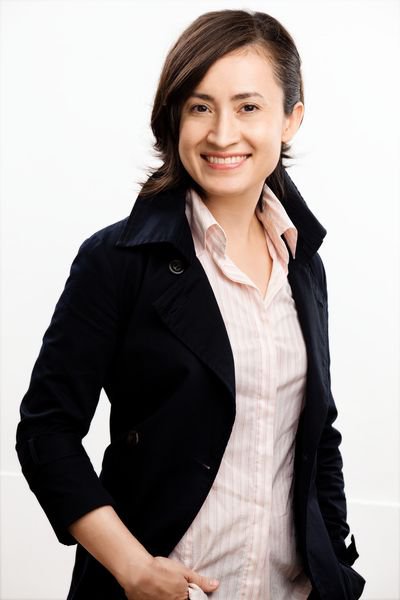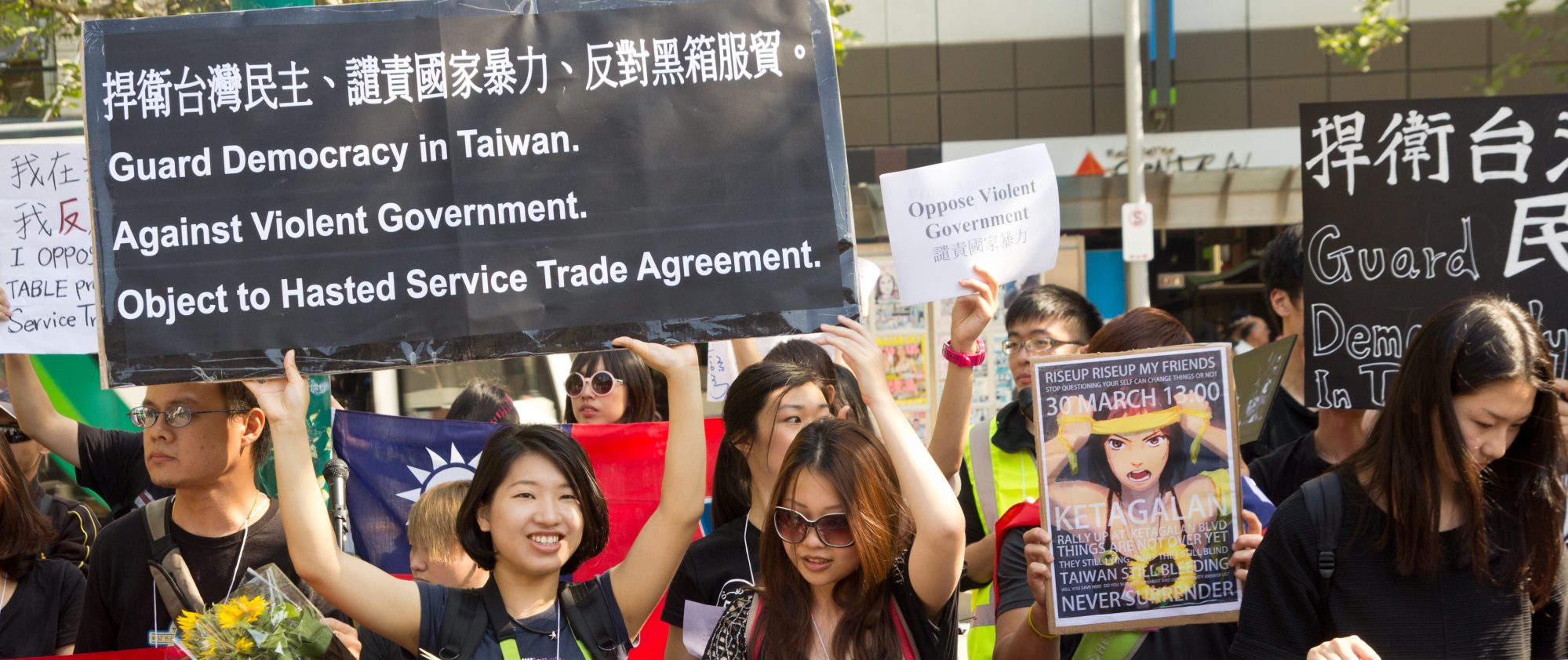 Klaus Bardenhagen, a German reporter based in Taiwan, interviewed Hsiao Bi-khim (蕭美琴), director of the Democratic Progressive Party’s (DPP) Department of International Affairs, in Banqiao yesterday. He kindly provided me with a copy of the interview for use on this blog. In the interview Hsiao talks about the current election campaign and the the development of democracy in Taiwan.
Klaus Bardenhagen, a German reporter based in Taiwan, interviewed Hsiao Bi-khim (蕭美琴), director of the Democratic Progressive Party’s (DPP) Department of International Affairs, in Banqiao yesterday. He kindly provided me with a copy of the interview for use on this blog. In the interview Hsiao talks about the current election campaign and the the development of democracy in Taiwan.
I recently noted how the DPP was actively encouraging youth to vote. Hsiao explained, “Young people, according to polls, favour our party over the others by a two to one margin which is very good. Unfortunately the young people are not reliable because their voter turnout is low. Only about 30% of the young people come out to vote. So we really want to increase the voter turnout among younger people.”
Part of the strategy to improve the youth vote makes use of the internet. I blogged about how the DPP was actively using social media in the local elections last year. “Social media is very important. In addition to traditional TV commercials and advertising, which is very expensive, we want to work on cost effective means to reach the younger people. We have new internet campaign advertising. We use Facebook, Plurk, YouTube and other means to reach younger people,” Hsiao said.
Another part of the DPP campaign is focused on swing voters. Hsiao said, “In order to win the election we have to capture the swing voters. It’s actually a small number of people in Taiwan, but there are people who do fluctuate between the two major political parties. We need to capture them. That’s very important. So our strategy needs to be focused on the issues that are very much relevant to the people’s daily lives. Contrary to other national level elections where ideology and national security issues would be prominent, these elections are really about the local life here in the cities.”
People who watch television news in Taiwan will see a lot of images of candidates out amongst the voters handshaking and greeting. This is a more traditional form of campaigning. Hsiao said, “I think a lot of Taiwanese want to make a personal connection to the political leaders who they see on TV. But there is not that personal connection so as candidates we try to meet them in person and to do that we really need to be on the streets a lot. Walking along the streets and shopping districts shaking hands, going to the marketplaces where crowds tend to congregate.”
The DPP has its roots in the opposition movement that formed during the Martial Law era. The culture of election campaigns has changed a lot since those days. Hsiao said, “Taiwan has matured significantly over the past 20 years in our democratization so nowadays in our rallies we try to be more positive and forward looking instead of protesting something negative, instead of being confrontational. We still have street rallies and parades but we try to be more festive and positive so that families so that families can come. We are no longer a confrontational challenge, but instead a party that has a forward looking and happy agenda.”
Voters in the five cities — Greater Kaohsiung, Greater Tainan, Greater Taichung, Xinbei City (formerly Taipei County) and Taipei City — will cast their votes on 27 November. The DPP is widely expected to win the mayorship in Kaohsiung and Tainan while the KMT is expected to win in Taichung. The contests in Taipei and Xinbei cities are much closer and difficult to predict. The results will set the stage for the next major elections for the legislature and president in 2012.
*Photo from Hsiao Bi-khim’s Facebook page.
